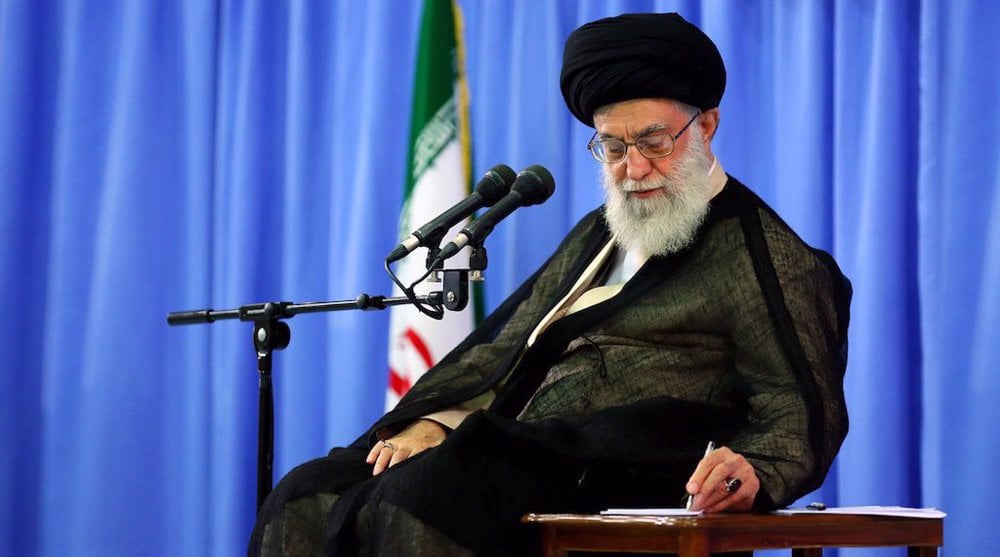The Guardian Council, a twelve-member body hand-picked by Iran’s supreme leader and tasked with vetting election candidates, announced on May 5 that it was amending its criteria for those running for president. Among the changes: candidates must be between forty and seventy-five years old at the date of registration. That effectively disqualifies Minister of Information and Communications Technology, Mohammad-Javad Azari Jahromi, who turns forty a month after the June 18 vote.
This is the third move in less than a month either directly by Supreme Leader Ayatollah Ali Khamenei or by his hand-picked Guardian Council to intervene in the election in favor of the hardliner camp.
On April 10, Khamenei told a grandson of Ayatollah Ruhollah Khomeini, the late leader of the 1979 revolution, that he should not run. Hassan Khomeini, who had already chosen a well-known revolutionary catchphrase of his grandfather—”All of us together”—as his campaign slogan, had perhaps the best potential to increase turnout in the election and provide a victory to the embattled reformist-pragmatist camp.
With Khomeini out of the game, this faction convened in late April to choose alternative candidates. Among the fourteen people it chose were Foreign Minister Mohammad Javad Zarif, who topped the list with thirty-seven votes, current First Vice President Eshaq Jahangiri with thirty-five votes, and Mostafa Tajzadeh, a former top aide to President Mohammad Khatami who was jailed for seven years after 2009 protests against election fraud, with thirty-two votes.
The hardliners and Khamenei have several reasons to interfere so brazenly in the election. One is that their own camp is in disarray. Forty-five days before the election and only days before candidates’ registration is to begin, it is still unclear which members of the camp will seek to run. The Judiciary Chief Ebrahim Raisi appears to be the most promising candidate because he ran before and got more than fifteen million votes in the 2017 elections. Yet, so far, he has not received a nod from Khamenei. Saeed Jalili, Khamenei’s representative on the Supreme National Security Council and a member of the Expediency Council that resolves disputes among government branches, has conditioned his candidacy on Raisi not running. The parliament speaker and former Tehran mayor, Mohammad Baqer Qalibaf is also waiting to see if Raisi will run before registering and trying to fulfill a sixteen-year ambition of becoming president. There are other less well-known figures who are likely to register if Raisi does not step forward.
Read the complete article at: Atlantic Council
Also read: Top IRGC commander: Quds Force has mastered the art of defeating US policy

